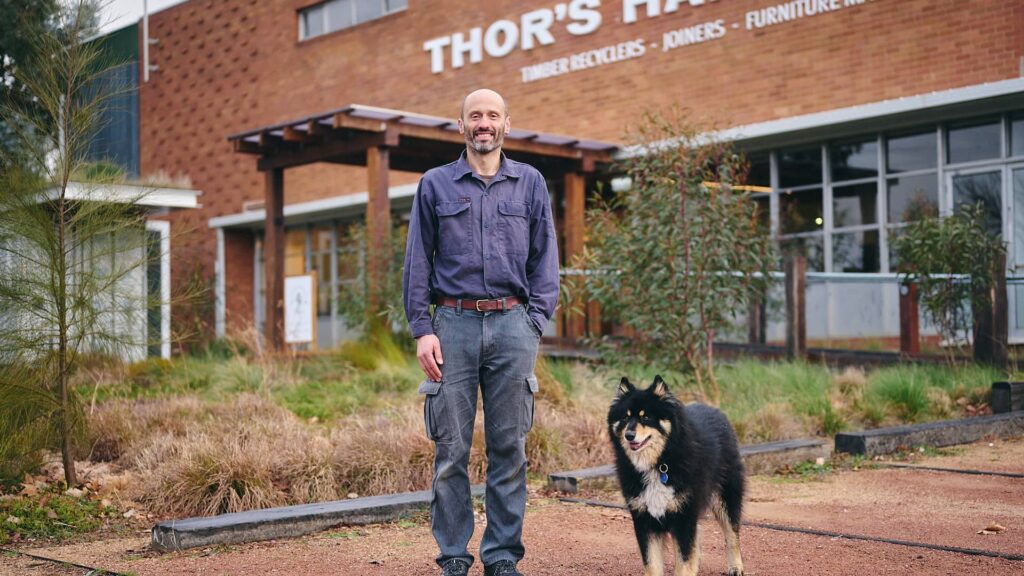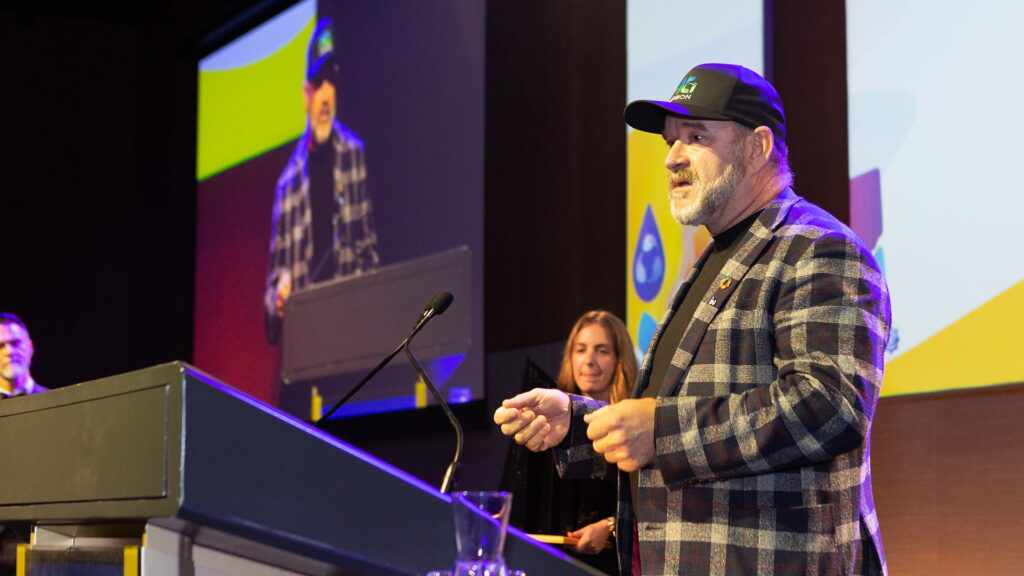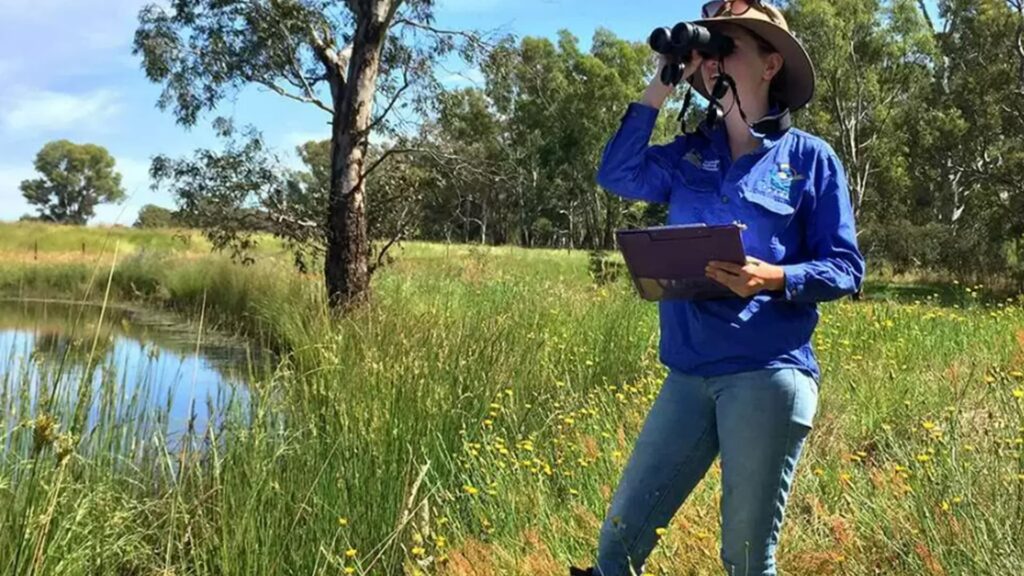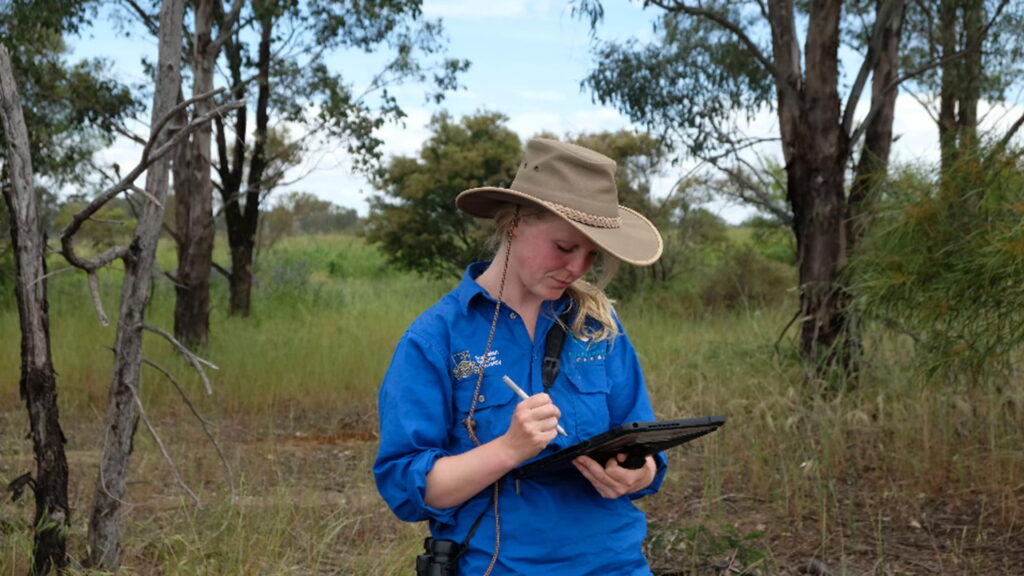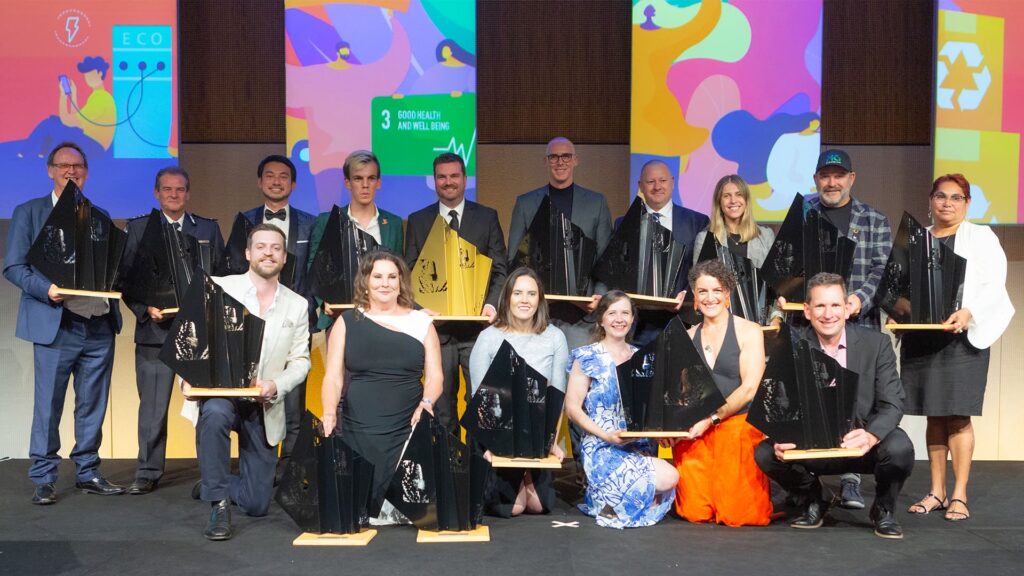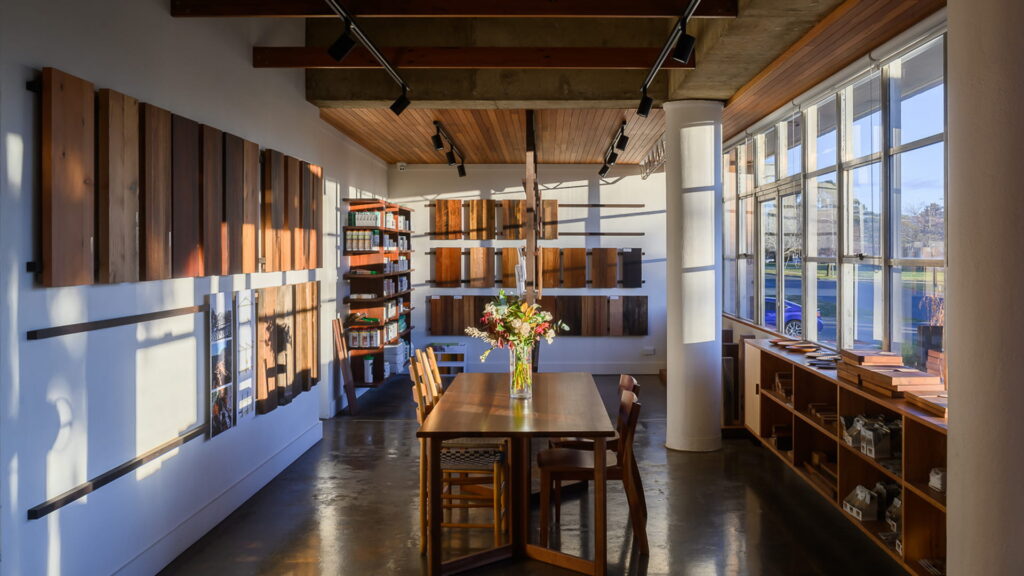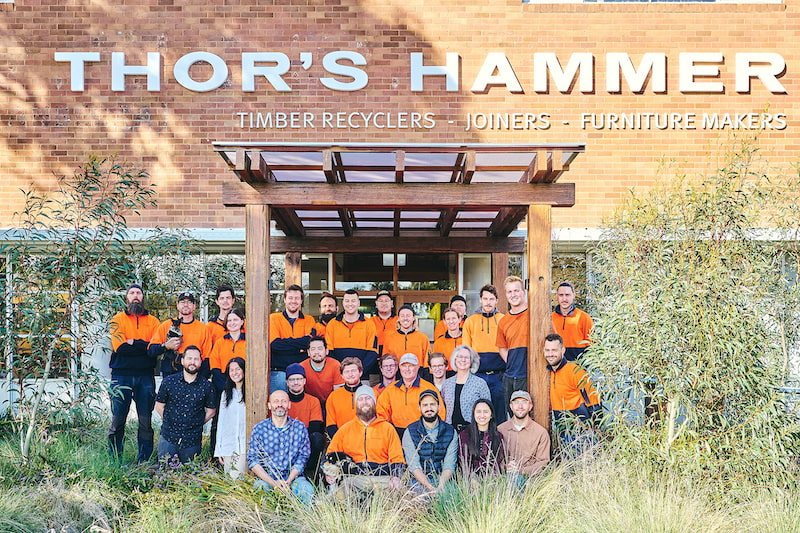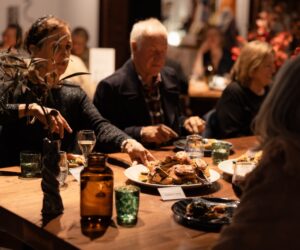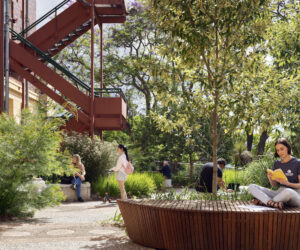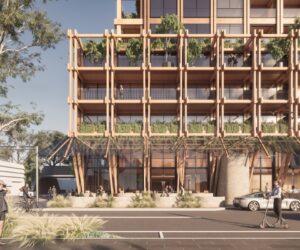Canberran Companies Shine at the 34th National Banksia Sustainability Awards
Canberran companies have shone at The Banksia Foundation’s 34th National Banksia Sustainability Awards, with timber recycling and design studio Thor’s Hammer and ANU Sustainable Farms initiative announced as finalists, and clean tech start-up MCi Carbon winning the Circular Transition Award.
The National Banksia Sustainability Awards recognise innovation and leadership through the lens of the United Nation’s Sustainable Development Goals (SDGs). Established 34 years ago, the Banksia National Sustainability Awards recognise individuals, communities, businesses and government for their innovation and excellence in environmental and social stewardship.
Banksia Foundation CEO Graz van Egmond said the winners were drawn from a record number of entries, demonstrating optimism and hope for a brighter future despite fears for the economy in the short term.
“These are Australia’s brightest leaders, changemakers and innovators who are making a positive impact on our world,” Ms van Egmond said.
MCi Carbon uses a chemical engineering process called mineral carbonation to create valuable inputs into building materials and other products using captured industrial emissions.
Diverting carbon dioxide (CO 2 ) from entering the atmosphere, MCi combines CO 2 with a feedstock, usually an industrial waste like steel slag, mine tailings or quarried minerals, to produce magnesium carbonate, calcium carbonate and amorphous silica which can be processed into cements, concretes, plasterboards, papers, glass, and many more applications. The team are engaged in partnerships with global building and manufacturing companies developing new low carbon product formulations.
MCi Carbon’s patented process for reacting CO 2 with low value minerals has progressed as such that the technology can now produce valuable magnesium and calcium carbonates and silica products at near ambient conditions. This breakthrough in techno-economics, which has been independently validated via technical due diligence and detailed technical review, has unlocked an opportunity for industrial CO 2 sources to convert their emissions profitably, lowering barriers to technological adoption. The amorphous silica products can be used as a supplementary cementitious material in concrete, which means it can be added to concrete to increase strength or displace expensive and emissions intensive cement. Other applications for the amorphous silica include geopolymers or binders in advanced materials.
The calcium carbonate material MCi can produce can be used as a filler and whitening agent in a range of products, including paper, paint, and plastics. The magnesium carbonate product MCi produce can be used in plasterboards.
The MCi Carbon technology is extremely scalable and adaptable to a variety of industrial settings in the hard-to-abate. The technology can incorporate CO 2 from the steel, cement, chemical and energy sectors, as well as from direct air capture with a variety of feedstocks including industrial wastes and low-grade minerals, to create a variety of outputs for use in construction, advanced manufacturing and the circular economy. The ultimate flexibility of the technology is a key advantage for global scaling because the addressable market is expanded.
“A big thank you to the Banksia Foundation for this recognition of MCi Carbon as a national leader in sustainable and circular thinking,” says Marcus. “This award gives further credence to MCi Carbon’s technology solutions and business models. The transition will require 1000 companies like ours, and every lever needs to be pulled to decarbonise supply chains and reduce emissions now.”
Thor’s Hammer has been working to increase the recycling of timber in the building industry for nearly three decades. By creating a viable model for demolition companies to profit from saving timber, Thor’s Hammer has been able to divert more than 1000 tonnes of timber waste from landfill every single year. Their custom-designed furniture and joinery sits in thousands of Canberra homes, and their construction timbers are found in the cladding, decking, and flooring of thousands more.
“We’re excited to stand alongside the many other Canberra businesses who are genuinely taking positive steps to reduce our negative impact on the planet,” says Thor Diesendorf, Thor’s Hammer founder and director. “I started the business almost 30 years ago, and I’ve seen a huge shift in demand for recycled products in that time, and in attitudes within the building industry. We’re starting to see real momentum when it comes to the cooperation needed to truly operate in a circular economy.”
Sustainable Farms is an Australian National University initiative funded by the National Landcare program that aims to connect farmers with the data and evidence they need undertake restoration activities that improve outcomes for both productivity and biodiversity.
BirdCast is based on long term research led by Professor David Lindenmayer and was awarded the Eureka Prize for Applied Environmental Research. The free web tool gives farmers an indication of which woodland bird species might be living on their farms, and how that might change under different scenarios.
“None of this work would been possible without the support of those farmers who enabled our team to monitor biodiversity on their properties for the last two decades,” says Director of Sustainable Farms, Michelle Young.
“BirdCast is a practical tool that draws on this research and gives farmers and land managers access to scientific data to help protect and conserve our shared natural heritage. For example, it allows farmers to predict the changes that would happen if they planted a new shelterbelt on their farm, or restored a degraded patch of remnant woodland,” Ms Young said.
The 34th National Banksia Sustainability Awards recognise and celebrate Australian businesses and initiatives each year. Learn more about this year’s finalists.
